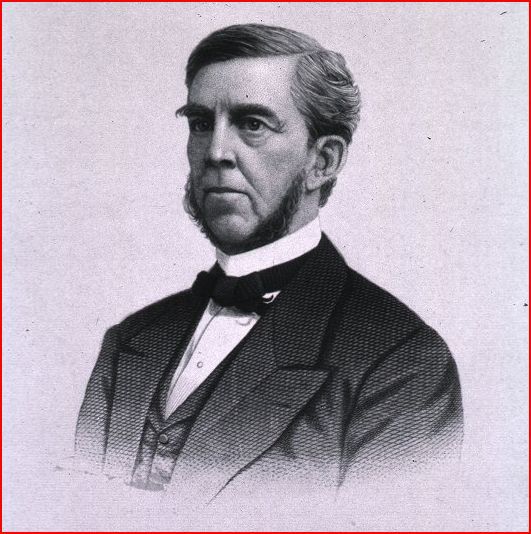 Puerperal fever, often called childbed fever, ravaged obstetrics patients in the U.S., Britain, and Europe throughout the 18th and 19th centuries. Its symptoms included severe abdominal pain, fever, and debility and carried a mortality rate as high as seventy percent during some epidemics. Even though the greatest incidences occurred in close-quartered “lying-in hospitals,” (state-supported maternity hospitals) only rarely did the notion of contagion figure into the arguments and these were largely ignored.
Puerperal fever, often called childbed fever, ravaged obstetrics patients in the U.S., Britain, and Europe throughout the 18th and 19th centuries. Its symptoms included severe abdominal pain, fever, and debility and carried a mortality rate as high as seventy percent during some epidemics. Even though the greatest incidences occurred in close-quartered “lying-in hospitals,” (state-supported maternity hospitals) only rarely did the notion of contagion figure into the arguments and these were largely ignored.
In 1843, Oliver Wendell Holmes (1809-1894) published, The contagiousness of puerperal fever,in The New England quarterly journal of medicine and surgery. In this moving, lucid, and somewhat acerbic paper, Holmes, then a prominent Boston physician and lecturer, demonstrated conclusively the contagious nature of childbed fever and, based on his and his colleagues experiences, showed that the dreaded disease was carried on the unwashed hands of the physician from patient to patient. Holmes also set forth strict guidelines with regard to hand-washing, cleanliness, and physician isolation to avoid and cut short epidemics. Sadly, Holmes’ warnings went largely unheeded partly due to the fact that his paper was published in a little-known journal but mostly because the medical establishment was unwilling to entertain the notion that “gentlemen physicians” could harbor disease. Several years later, Vienna physician, Ignac Semmelweis (1818-1865), independently, verified Holmes’ conclusions by means of a controlled study based on hand-washing. Even so, the contagiousness of puerperal fever was denied by many prominent physicians until the acceptance of the germ theory of disease in the late 1800’s at which time Holmes’ words from 1843 finally rang true:
Whatever indulgence may be granted to those who have heretofore been the ignorant cause of so much misery, the time has come when the existence of a private pestilence in the sphere of a single physician should be looked upon not as a misfortune but a crime.